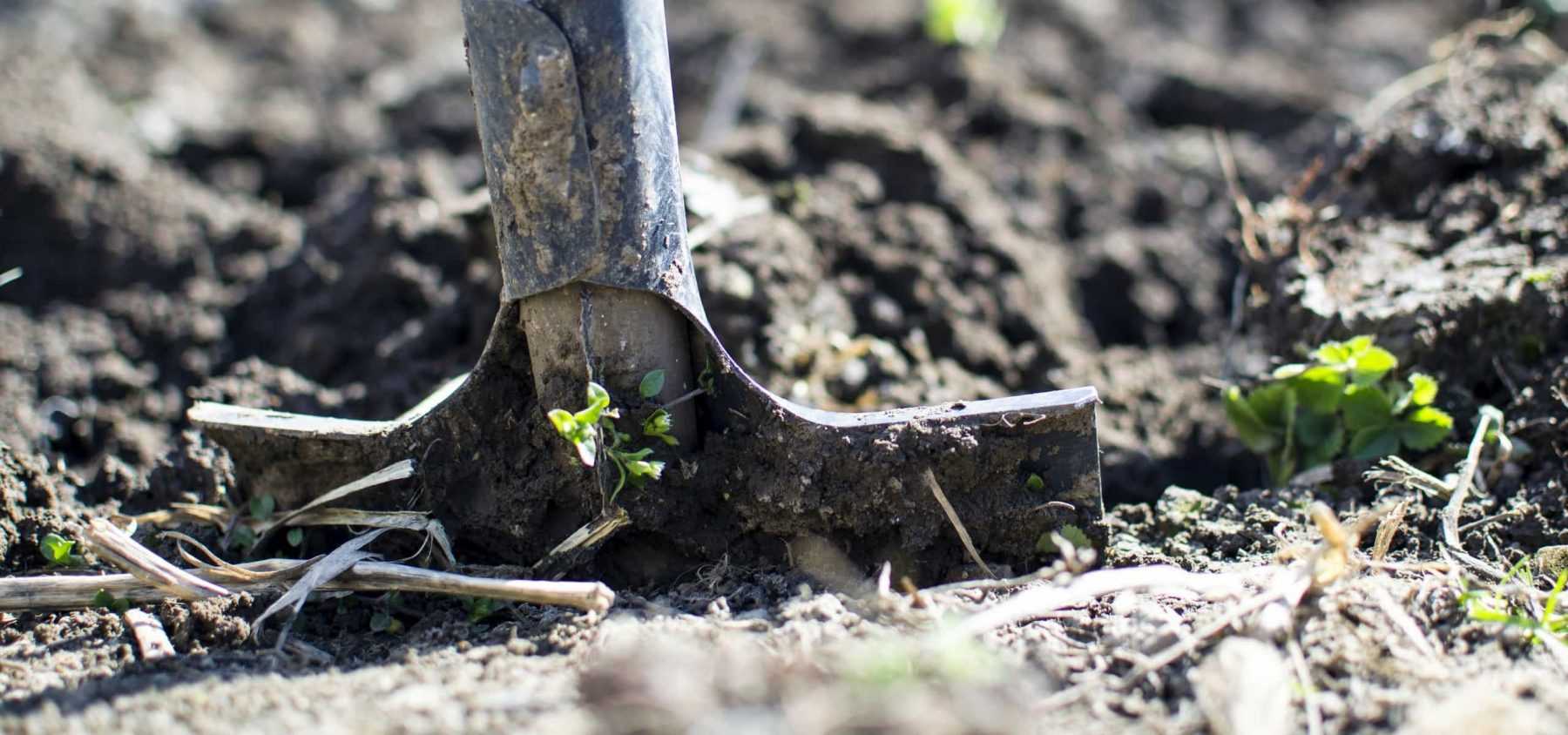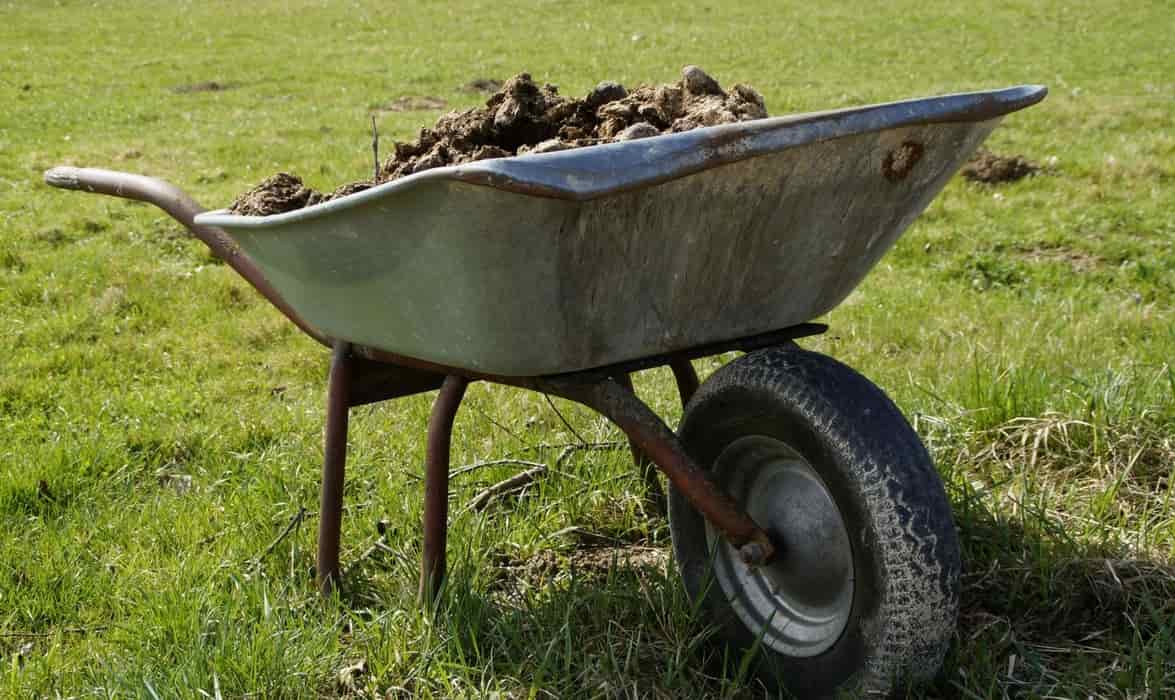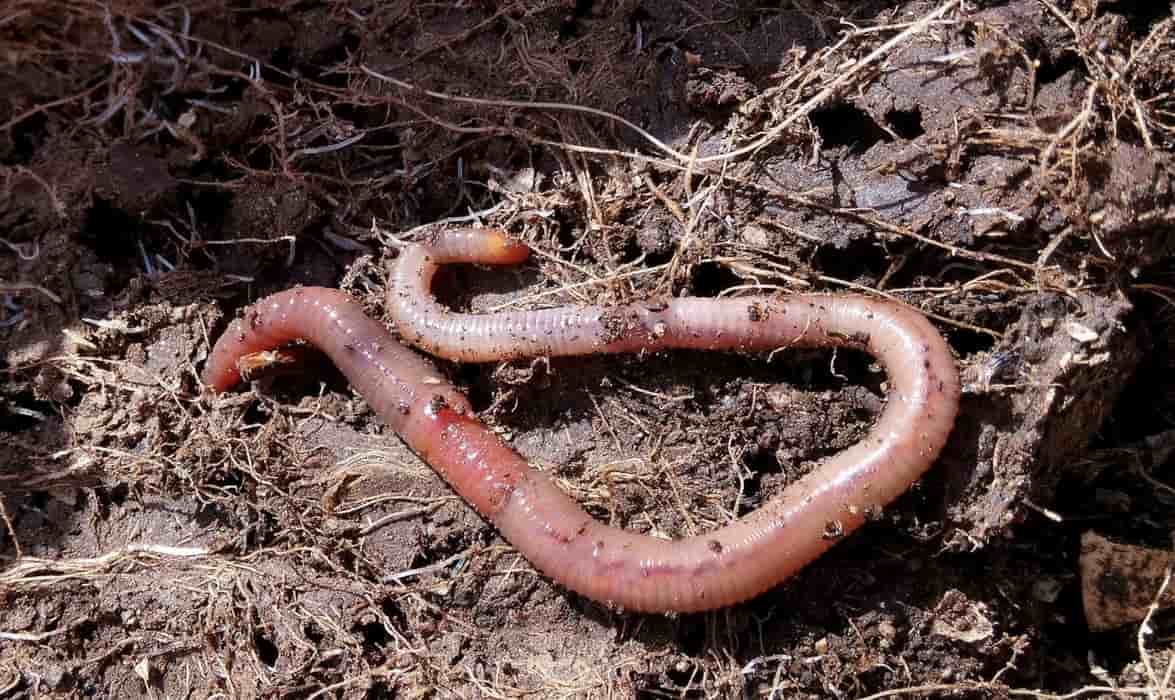
Feeding the Soil Naturally
Organic Vegetable Garden Fertilisation: Compost, Manure, Green Manures and Plant Teas
Contents
Feeding your soil naturally is the foundation of organic vegetable gardening. Indeed, to grow and produce abundantly, vegetable plants generally require a humus-rich soil, abundant in nutrients. These primary elements – nitrogen, phosphorus, and potassium – are consumed as the plants grow.
In natural and organic gardening, fertilisation involves feeding the living organisms in the soil (earthworms, decomposer insects, bacteria, and fungi…) which, in turn, will nourish the soil that feeds the plants. The goal isn’t simply to provide nutrients to the plants but also to improve, in the long term, your soil’s texture. Here are our tips.
Why fertilise your soil naturally: the benefits
Fertilising your vegetable garden naturally is much more than just an eco-friendly gesture: it’s a sustainable method that benefits biodiversity, improves soil quality and strengthens plant resilience. Unlike chemical fertilisers, which can deplete the soil in the long term and disrupt its biological balance, organic amendments nourish the entire ecosystem. Here’s why adopting this approach is beneficial for your vegetable garden:
A positive impact on biodiversity
Soil is a living ecosystem, home to millions of microorganisms (bacteria, fungi, earthworms, decomposer insects) that play a vital role in garden fertility. By using compost, manure or green manure, you feed these living organisms, which in turn:
- Break down organic matter and gradually release nutrients essential for plants.
- Aerate the soil by creating tunnels (especially earthworms), improving water infiltration and root penetration.
- Maintain a natural balance, limiting the spread of soil pests and diseases.
Chemical fertilisers, on the other hand, are often water-soluble and deliver nutrients abruptly and unevenly. They promote rapid plant growth but weaken soil biology over time, making crops increasingly dependent on artificial inputs.
Improved soil structure: looser and richer in microorganisms
Well-structured soil is key to a productive vegetable garden. Organic matter from compost, manure and mulch improves soil texture by:
- Preventing compaction and promoting loose, workable soil.
- Enhancing the soil’s ability to store and gradually release nutrients.
- Creating an ideal environment for underground life, crucial for garden health.
Chemical fertilisers do not improve soil structure. Worse, excessive use can make soil compact and depleted, restricting root development and the circulation of water and air.
Better water retention and increased disease resistance
Naturally enriched soil acts like a sponge, retaining water more efficiently while preventing excess moisture that encourages fungal diseases. Thanks to organic matter, the soil:
- Absorbs and retains moisture, reducing watering needs.
- Creates a more balanced environment for plants, helping them withstand water stress and climate extremes.
- Improves nutrient uptake by plants, boosting their immune systems against diseases and pest attacks.
Read also
Mulching: Why? How?Adding organic matter
To fertilise naturally, organic matter is added from:
- Compost: garden waste along with kitchen scraps (peelings, food leftovers…) are stored and broken down by microorganisms to produce an amendment that will be returned to the garden. Compost can also be purchased commercially.
- Animal manures (horse, poultry, cow…): these consist of excrement (nitrogen-rich) as well as bedding (straw, carbon-rich material), balancing the mixture. These manures should not be used fresh but well decomposed, just like compost. Dehydrated manure in pellet form is readily available. This solution proves practical for urban dwellers.

Always use well-rotted manure
Fertilisation is preferably carried out in autumn or early spring, at a rate of 3 kg of compost or manure per m2.
These applications can be supplemented by:
- using green manures (phacelia, mustard, vetch, buckwheat…) as well as organic mulches (dried grass clippings, shredded pruning residues) which have the advantage of covering the soil while nourishing it as they decompose,
- natural plant stimulants such as nettle tea (nitrogen-rich) or comfrey tea (rich in potassium and boron). These teas act quickly, stimulating growth, flowering and fruiting. When used as a foliar spray, they also improve leaf resistance.
Note: in addition to green manures, legumes (peas, beans, broad beans, clover, lupin, vetch) capture nitrogen from the air and return it to the soil, thus reducing the need for fertilisers. Marigolds (French marigolds) and flax, meanwhile, improve soil structure while repelling certain pests like nematodes and harmful insects, promoting a healthier and more balanced vegetable garden.
Essential precautions when fertilising
- Respect the needs of plants by considering the “appetite” of the vegetable you plan to grow after fertilisation. For example, garlic does not require prior soil amendment, unlike squashes which only fruit in very rich soil.
- Do not bury organic matter. Applications should be made on the surface; it is unnecessary, even harmful, to deeply bury compost or manure, especially if it’s not mature. A simple raking to a depth of 5 to 10 cm is sufficient, as earthworms and other soil organisms will take care of mixing it in.
- Avoid over-fertilising. Excessive applications weaken plants while releasing nitrates, which are harmful to the environment.

The earthworm: a key player in soil fertilisation
- Subscribe!
- Contents

































